According to the US Department of Health and Human Services, endometriosis may affect more than 11% of American women between the ages of 15 and 44. Many women may not even know that they're experiencing those symptoms. R. Yates Knowlton Jr., MD, with South Carolina OB/GYN Associates has a special interest in treating the condition and shares answers to some common questions.
Q. What is endometriosis, and what are some symptoms that you might see?
The uterus has two parts. One part is the muscle wall, and that's the part that pushes babies out and that cramps during the menstrual cycle.
The other part is the endometrium, which lines the uterus and is where pregnancies implant. The endometrium is shed when women are on their menstrual cycle. Endometriosis is when endometrial glands and cells are in the wrong place. The most common place those cells implant is in the pelvis, lining the abdominal wall.
Women of menstruating age can be impacted by this disorder, so it can develop during the teenage years and continue into a woman’s mid-forties.
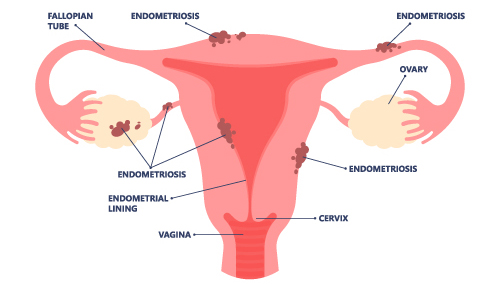
Q. What are the symptoms of endometriosis?
Most people with endometriosis have severe pelvic pain. Usually, they experience severe pain during their menstrual cycle, starting in their teenage years. Generally, females who have missed school because of painful menstrual cycles have endometriosis.
Endometriosis tends to run in families so having a family history can be a strong risk factor for it. Women who start their menstrual cycle at an early age and women who have other reproductive tract abnormalities are at increased risk of endometriosis as well.
Q. Can endometriosis be treated?
The good news is there are a lot of medicines to treat endometriosis. Typical treatment usually starts with low estrogen birth control pills and NSAIDs like ibuprofen. Other treatments can include progestin containing IUDs, the progestin implant, and newer medications that decrease the amount of estrogen in the body. These treatments can prevent endometriosis from progressing and getting worse. In patients that don’t respond to medication or who have severe disease, surgery can be an option for treatment. Frequently, this can be done on an outpatient basis with laparoscopy.
Q. What is the impact of endometriosis on fertility?
Over time, endometriosis causes a lot of inflammation in the pelvis, which can damage the fallopian tubes. It can also cause infertility even without damaging the fallopian tubes. Most people with endometriosis have some difficulty getting pregnant.
Q. How can friends and family be supportive?
The most common thing that women with endometriosis complain about is their symptoms being dismissed. They may have had these terrible menstrual cycles for years, and people either don’t believe them or fully realize how bad their pain is. It is very important thing to believe people when they tell you how bad their symptoms are and then to help them get the treatment that they need. Encourage them to see a physician who has experience with the newer medical therapies for endometriosis or surgery, if needed.

R. Yates Knowlton Jr., MD, South Carolina OB/GYN Associates

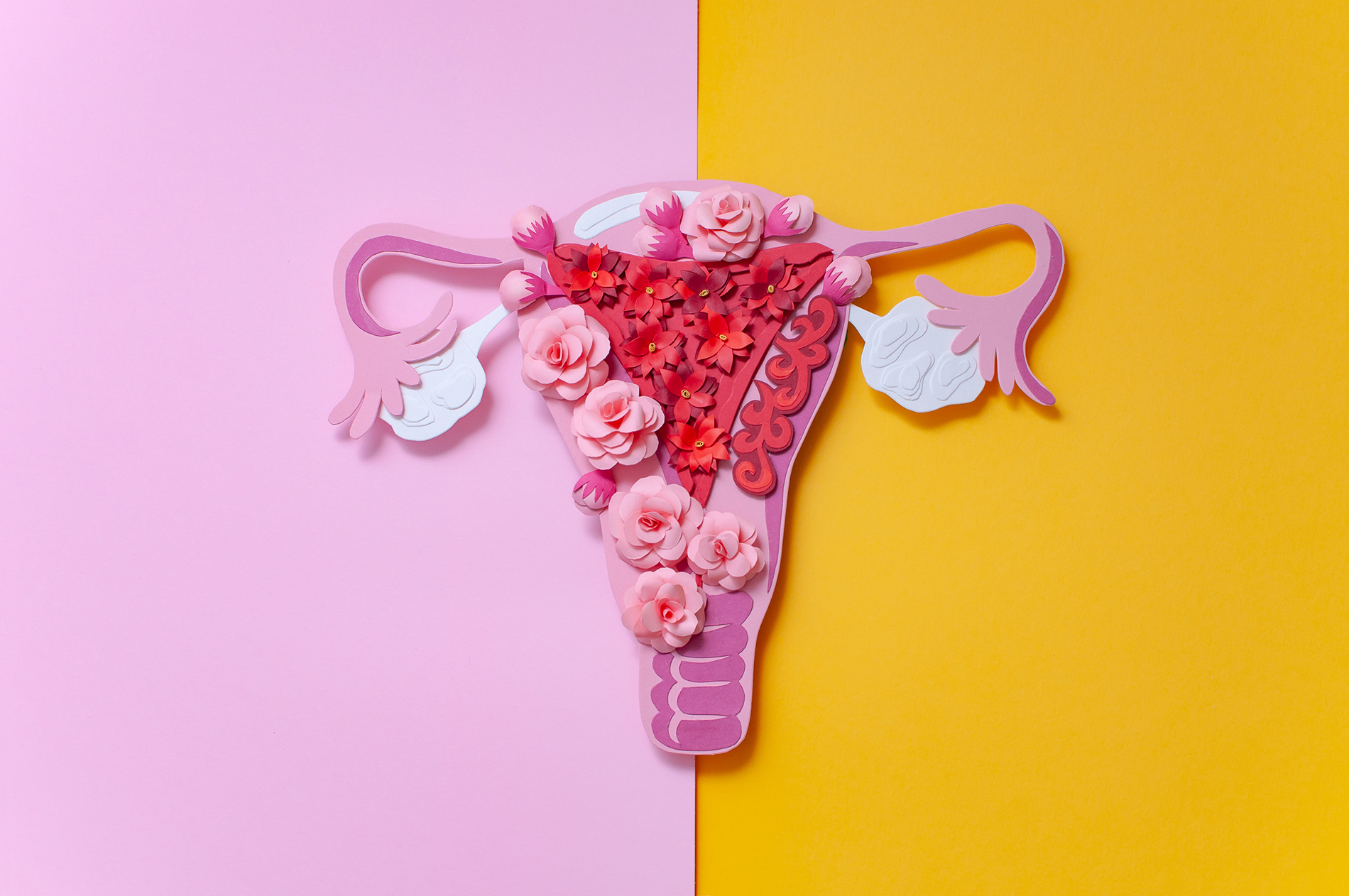

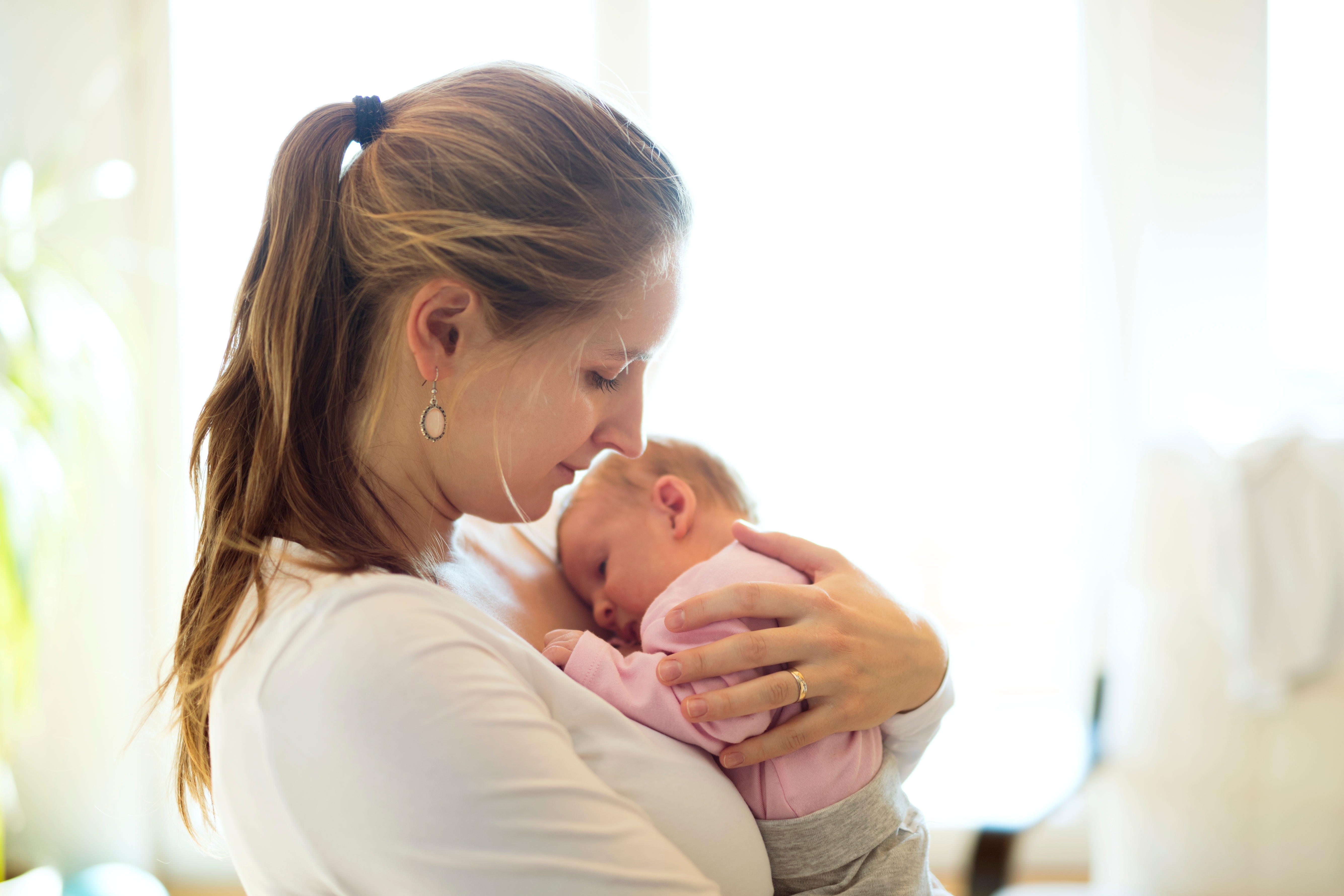
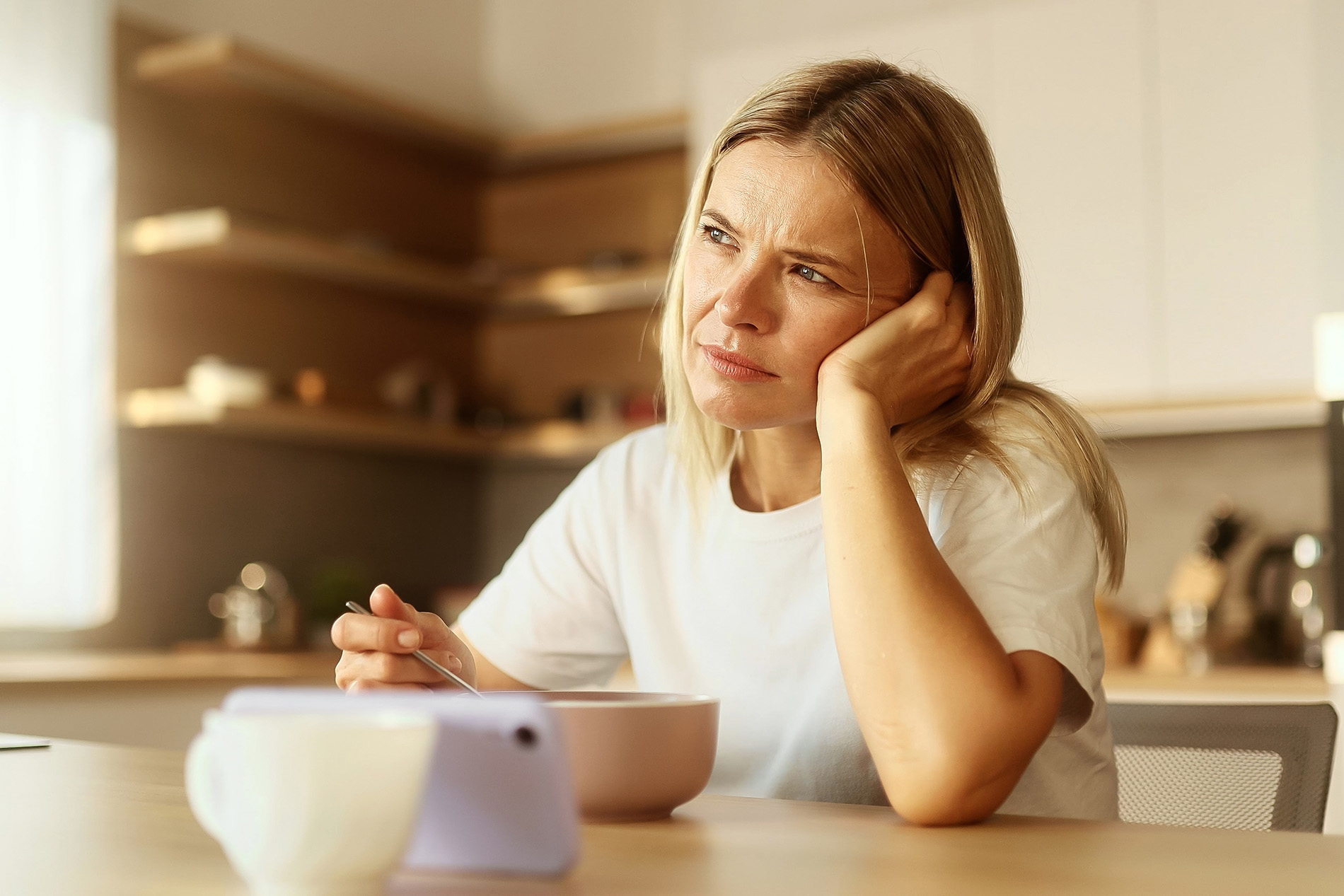
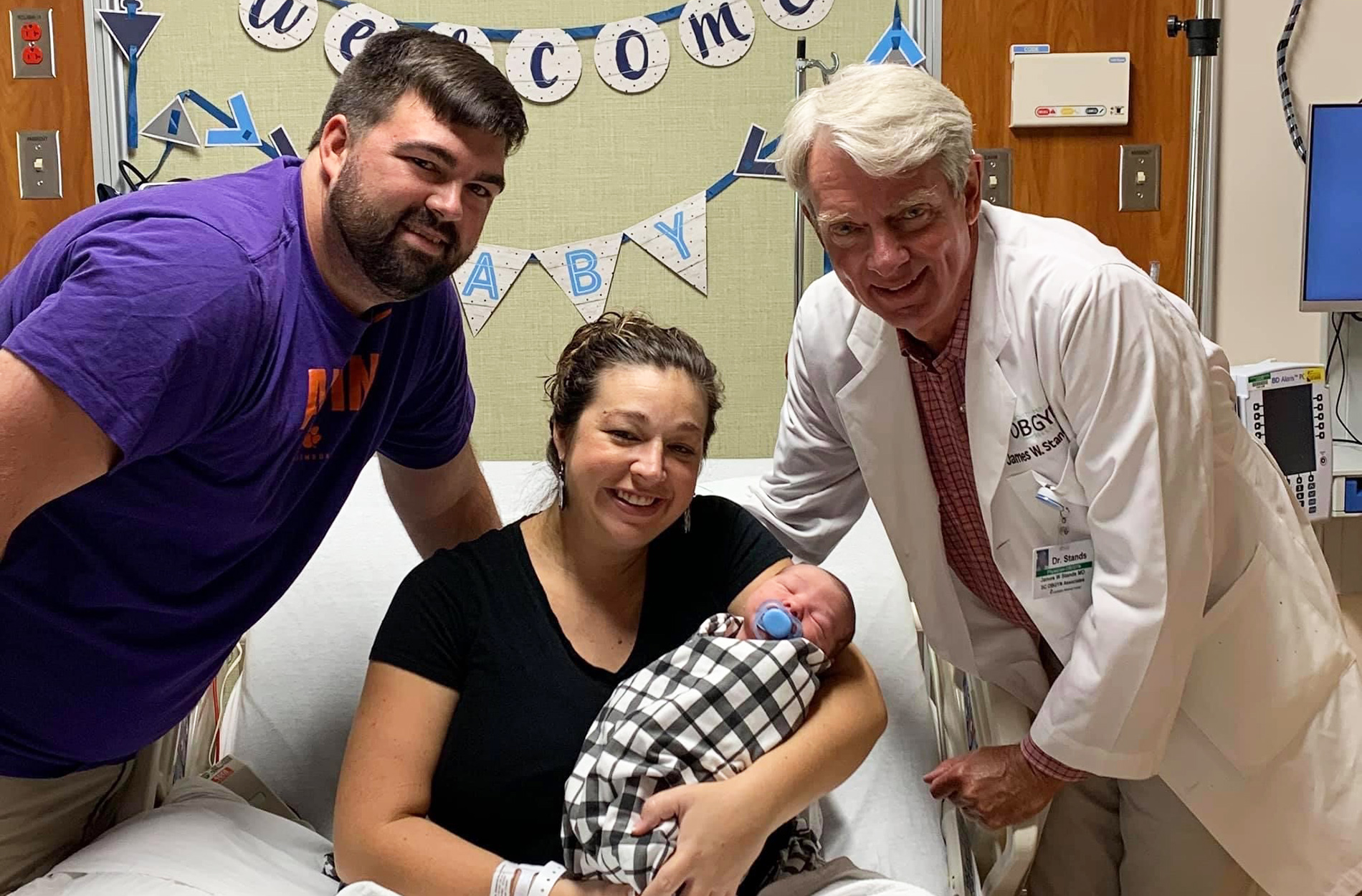
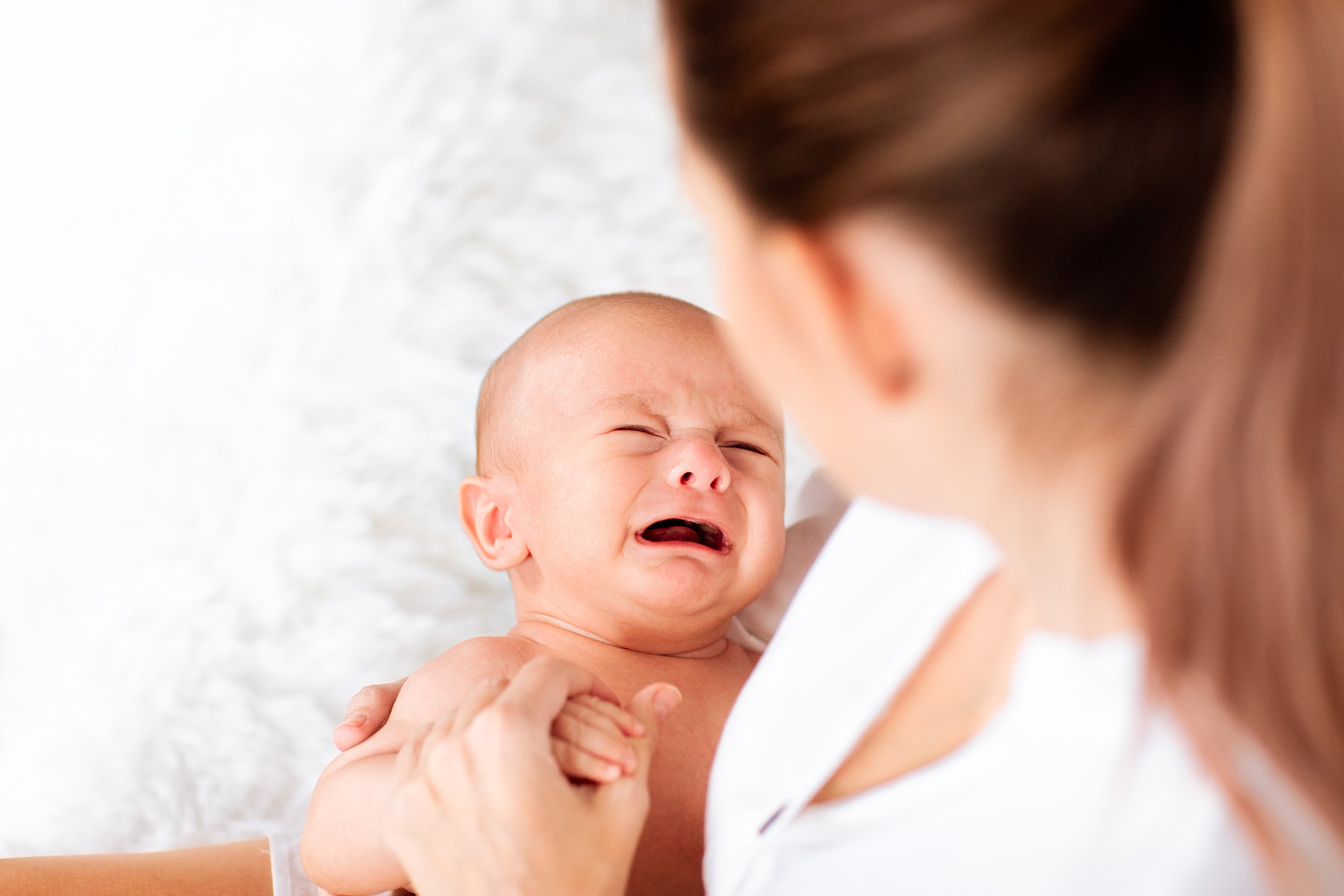
![shutterstock_1674223735[41] Smiling middle aged woman riding a bicycle](https://blog.lexmed.com/images/librariesprovider80/blog-post-featured-images/shutterstock_1674223735-41.jpg?sfvrsn=9f546f0a_0)


Leave a comment